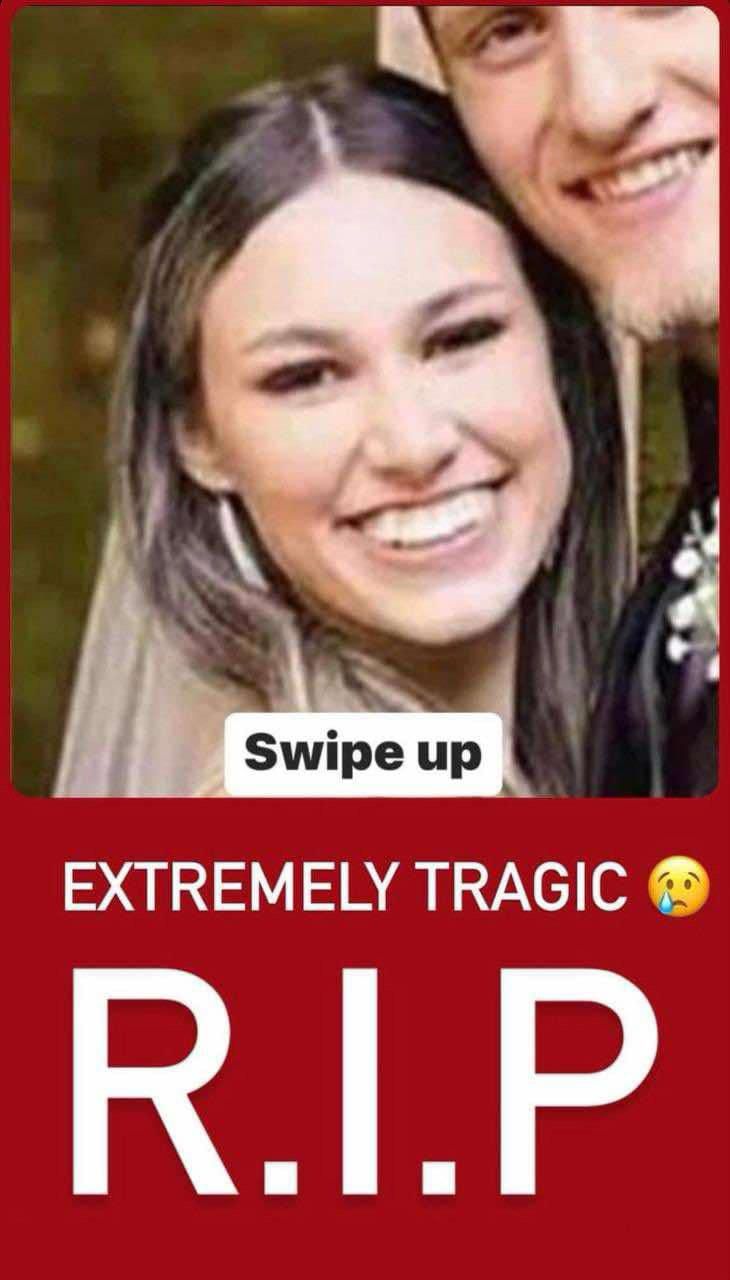The Second Lunch: How One Quiet Act Sparked a Schoolwide Movement.
At first, no one noticed.
Each morning, 14-year-old Evan walked to school carrying two lunch boxes. They weren’t flashy or colorful — just plain, plastic containers held shut with worn rubber bands. One had his name written in faded marker. The other didn’t.
Most kids didn’t care enough to ask. Maybe he was extra hungry. Maybe it was a quirky habit. Either way, no one gave it much thought.
No one… except Mrs. Ruiz.

She was Evan’s math teacher, the kind of educator who noticed the small things: a student sitting alone, a half-hearted homework effort, a moment of hesitation before answering a question. She noticed Evan, every day, choosing the far end of the cafeteria. Sitting alone. Opening one lunch box. Then quietly sliding the second — the unnamed one — across the table.
And waiting.
One day, someone joined him.
A boy. Small, quiet. Clothes a little too worn. Shoes that didn’t quite fit. He didn’t speak much. Just sat down and opened the lunch that had been waiting for him. Inside: half a sandwich, part of an apple, a granola bar, and a neatly folded napkin.
Written on it were three words:
“You matter. —E.”
Mrs. Ruiz kept watching.
Some days, the other boy didn’t show up. But the second lunch always did — packed and ready, just in case. Evan never wavered. Never complained. He didn’t seek attention or praise. He just kept bringing that second box, silently offering a bit of food, and something more — dignity.
Eventually, Mrs. Ruiz couldn’t keep it to herself. She pulled Evan aside one afternoon.

“Why do you do it?” she asked gently.
Evan gave a small shrug. “I know what it’s like.”
He didn’t elaborate, and she didn’t ask him to. The truth behind those five words — whatever struggles they hinted at — was his to carry.
But Mrs. Ruiz carried something too: a conviction that this simple act deserved to grow.
She spoke to the principal. The principal spoke to the district.
Weeks later, the school launched Lunch Buddies, a program that provided meals — no forms, no questions, no shame. Funded by quiet donations from staff, families, and even students, it became a way for the entire community to look after one another. Volunteers packed extra lunches. Teachers donated grocery gift cards. Older students helped distribute meals discreetly.
And Evan?
He never stood on a stage. Never gave a speech. He just kept bringing that second lunch box, even when the program took off. It wasn’t about recognition. It never had been.
It was about something simple and profound: the belief that no one should feel forgotten. That a sandwich, an apple, and a few kind words could mean the difference between silence and belonging.
In time, the school changed.
Lunch tables became more inclusive. Students looked out for each other. And kindness — the quiet, everyday kind — started showing up in lockers, notebooks, and backpacks.
The second lunch didn’t just feed a stomach. It fed a movement.
Because sometimes, the smallest box carries the biggest heart.






